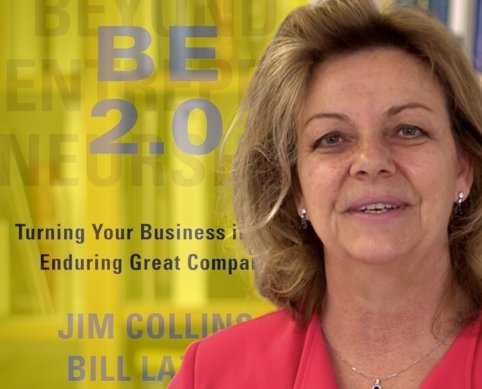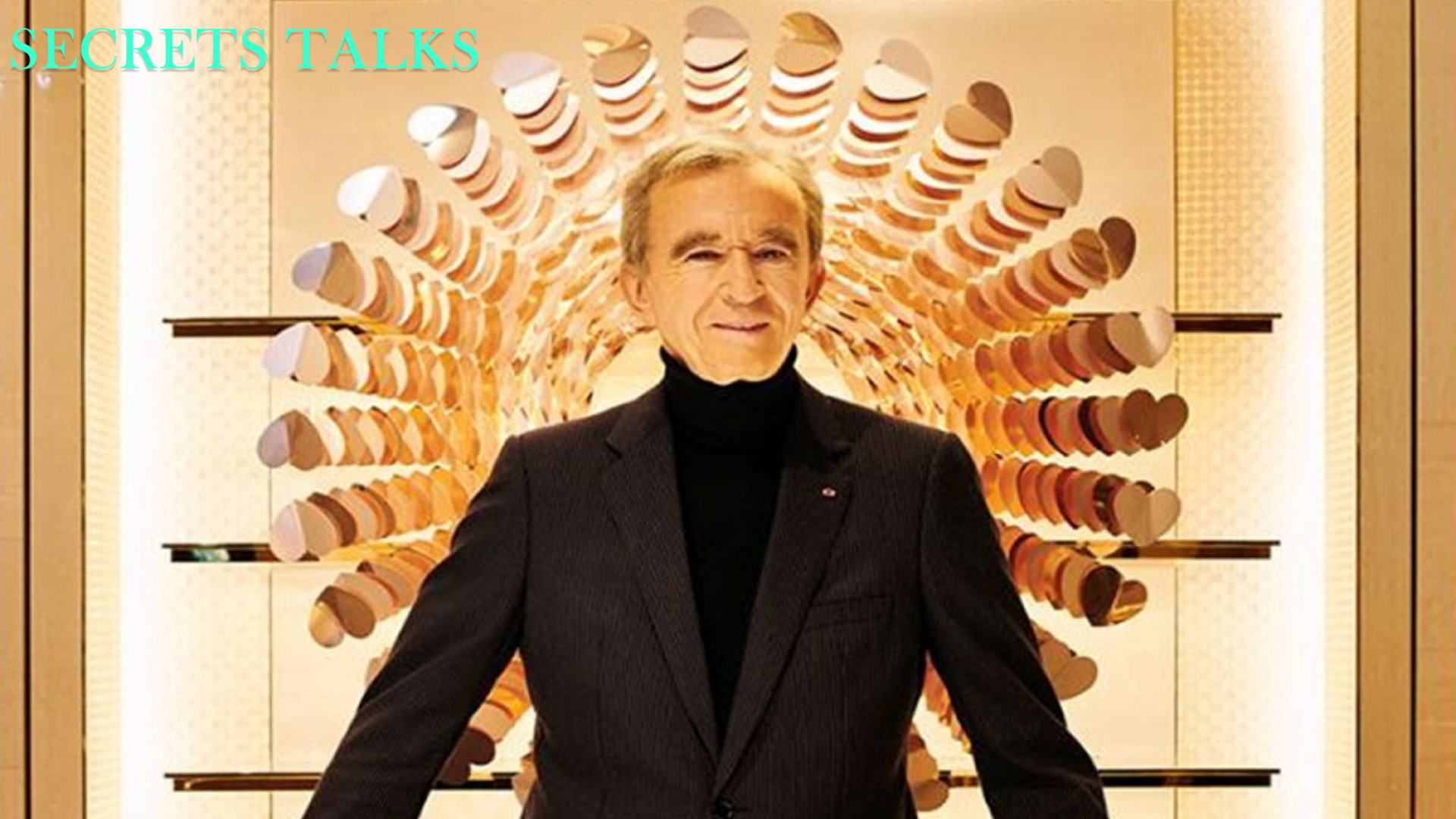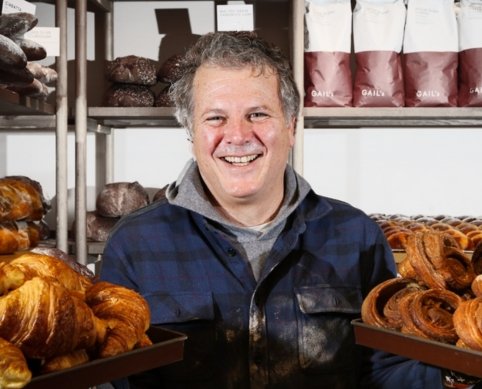Enduring Principles: The Generational Secrets Behind a Century-Long Business
“If fine brandy and whisky can be expertly distilled on a large scale, why not arrack?” This vision, introduced

“If fine brandy and whisky can be expertly distilled on a large scale, why not arrack?” This vision, introduced by Joseph Boniface Pereira, affectionately known as JBM, revolutionized spirit distillation in the country a century ago. As the founder of Rockland, Pereira set a new standard in the industry with his quest for perfection.
The journey began in Beruwala in 1924, where Rockland was established on a foundation of craftsmanship and passion, operating under the belief that quality products should speak for themselves. From its humble beginnings with just a few workers, Rockland has grown to employ over 500 people across Sri Lanka.
Facing numerous challenges along the way, the family-run group has adhered to a set of carefully cultivated values. With a focus on agility, care, exploration, honesty, and the relentless pursuit of perfection, Rockland has introduced innovative concepts in the alco-bev industry. It has emerged as Sri Lanka’s and potentially the world’s first green distillery while expanding its product range to meet international market demands.
Derek de Silva Wijeyeratne, Chairman of Rockland, and Amal de Silva Wijeyeratne, Group Managing Director, offer their perspectives on how these core values have guided the company’s evolution.
The foundation of integrity and credibility
Derek de Silva Wijeyeratne reflects on a crucial lesson imparted by his father, Carl de Silva Wijeyeratne, who was instrumental in Rockland’s growth as JBM Pereira’s nephew: “Never tell a lie.” This straightforward yet impactful advice has become a fundamental part of Rockland’s ethos. Derek emphasizes, “A leader who loses their credibility cannot manage a company effectively.” This commitment to honesty and integrity is evident in every facet of Rockland’s operations, from its treatment of employees to the standards of its products.
Throughout its history, Rockland has encountered numerous challenges and adapted its strategies accordingly. The company has navigated the Great Depression, World War II, the closed economy of the ’70s, a fire in 1989, the 2004 tsunami, and the devastating floods of 2016—each test has only strengthened its resolve. Derek asserts that “running our enterprise with integrity and commitment attracts support and helps us overcome difficulties,” reflecting the core values that have sustained Rockland through its trials.
Prioritizing employee well-being, Derek highlighted that even before the EPF Act was enacted, his father, Carl de Silva Wijeyeratne, established a ‘benevolent fund’ to ensure employees had savings for retirement. This longstanding commitment to employee welfare continues today.
Now led by the fourth generation, with his sons Amal and Devinda de Silva Wijeyeratne at the helm, the company maintains its familial approach to employee relations. This principle is deeply embedded in their leadership style.
“There is a cliché that you must command respect—this is a misconception. Respect must be earned; it builds a much stronger foundation,” Derek asserts.
The transformation of leadership at Rockland: From traditional to contemporary
Managing Director of Rockland Amal de Silva Wijeyeratne joined the company in his early 20s, having learned on the job for a short while by following his father. After that, he moved to the UK to finish his graduate work and pursue a career in management consulting. He returned in 2005 to assume leadership of Rockland Group.
For me, the concept of shadowing—that is, sitting next to someone and listening to how they manage and process situations—was really helpful. Our workplace is still set up such that I or senior management can invite someone to sit next to us and observe us in action.
Transitioning from cubicle seating to an open floor plan to boost efficiency and create an equitable work environment, Rockland’s office design reflects the modern aesthetics of a leading IT firm, where everyone shares the same desk and drawers. Amal recognized this change as essential for enhancing collaboration and building a cohesive team spirit.
The company also made strides in promoting women to leadership roles. With women now comprising 40% of the leadership team and holding 70% of the power, Rockland’s evolving culture is evident. “I have always admired King Arthur and the Knights of the Round Table. Our board table is designed with this in mind, symbolizing equality among all members of the leadership team,” says Amal.
Economic contributions and community engagement
For a long time, Rockland has been a pillar of the Sri Lankan economy. Having maintained a spotless tax record for a century, the group pays four times the amount in taxes as Sri Lanka’s largest publicly traded corporation.
Even though we rank among the nation’s biggest taxpayers, we make more than just financial contributions. In order to protect Sri Lanka’s traditional crafts and cultural legacy, we also collaborate closely with a number of cottage industries, explains Amal.
Rockland has preserved the dying craft of toddy tapping by managing its own coconut estates. This has allowed toddy tappers to continue their employment while helping a hamlet where women make thousands of clay pots used for toddy collection. The surviving cooper, who creates the vats and barrels needed for their distillery, is also employed by the group.
Olu Tropical Water is a natural mineral water that comes in glass bottles, fully removing the need for plastic, and is sourced from Sri Lanka’s cloud forests. Rockland is dedicated to sustainability and environmental awareness.
Being a Sri Lankan business, the group is aware of the value of safeguarding the environment and has led a number of programs, such as campaigns to conserve the leopard and elephant populations through its brands and to conserve forests and the ocean.
These initiatives demonstrate Rockland’s close ties to the local community and environment, highlighting its importance in protecting and advancing Sri Lanka’s rich cultural heritage.
Our goal is to operate with a smaller carbon footprint. We see sustainability activities as more than just a box to be checked; they are engrained in our organizational DNA, as seen by our establishment of the first green distillery in Sri Lanka and our efforts to eradicate PET.
Generational Wisdom and Leadership Transitions at Rockland
As Rockland marks its 100th anniversary, a key question emerges: What legacy does the company aim to establish for future generations? The Chairman emphasizes that the goal is not to immortalize names but to uphold values such as excellence, care for people and the environment, and the creation of distinctive Sri Lankan brands that the group can take pride in both locally and globally. While acknowledging that perfection is an elusive target, he stresses the importance of continually striving towards it.
“Legacy is not our primary focus. My father didn’t need to pursue it, and neither do I. Our aim is not to preserve names but to maintain our core values.
“There’s an unwritten tradition in our family: fail not the honor bestowed upon you.” Amal, speaking for the next generation, continues, echoing these thoughts. Respect it, honor it, and give it your all. The pursuit of perfection is an ongoing endeavor.
“I will not interfere in your work,” my father informed me when I succeeded him, says Derek de Silva Wijeyeratne, based on his personal experience. Every choice you make is your own. That’s precisely what I informed Amal. I remain informed, but I don’t get involved.
“I was given complete responsibility for the company, just like my grandfather handed complete responsibility to my father,” Amal says in closing. Our achievement has been aided by that.









